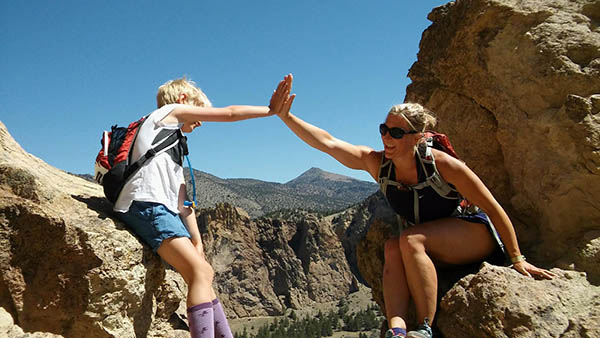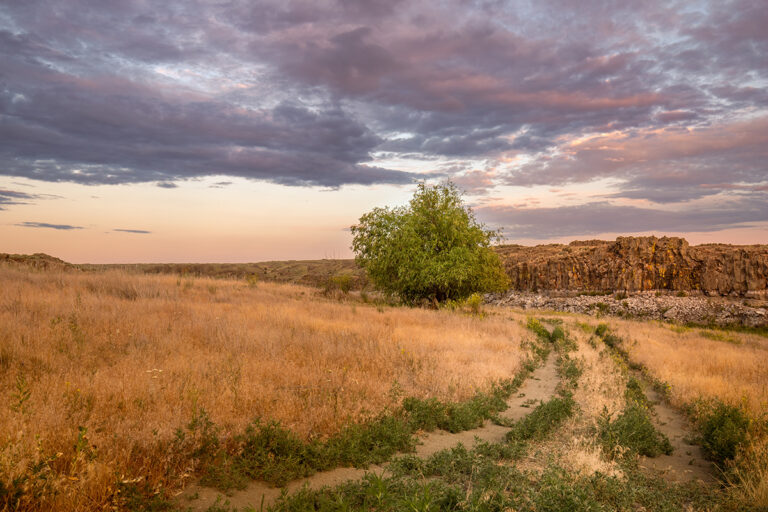Some time ago, I decided to train for a 100-mile running event. I’ve made a lot of bad decisions in my life, but I’m beginning to wonder if this will claim the title of Worst Decision Ever. It may even beat that time I tried to date a communist. Worst. Gift. Giver. Ever.
To train for a 100-mile race, you basically have to give up gainful employment, manage your household by leaving to-do notes behind (Feed cats, take shower, love you, Mom), and spending your savings on all things food. In fact, that’s what my grocery list looks like these days: Buy All The Food. Also: energy bars, chews, bites, electrolytes, extra magnesium, Tiger Balm, turmeric.
Some naive supporters say cute things like “Oh my gosh, you’re going to lose weight” which both suggests I need to, and that they obviously know absolutely nothing about the insatiable vortex of my runner’s stomach. At this point, I’m concerned I’m contributing to the world hunger problem just by hoarding all the brown rice in my own kitchen.
Just last week I was running with someone who watched me shove some kind of bar down my pie hole about 4 miles in. “You running longer today?” She asked. “No, I just have to eat in 40 minute intervals from about the time I wake up until I go to sleep.”
In my sleep, I eat in four-hour intervals. I’ll wake up at 2 a.m. with my stomach grumbling and decide that only a bowl of oatmeal is going to put me back to sleep. It works better if I put peanut butter and maple syrup on it, too.

Interestingly enough, the science supports my anecdotal evidence that a ridiculous amount of cardio does not necessarily support weight loss. Because cardio work makes you hungry but doesn’t typically increase the metabolism outside of the actual exercise time. In fact, I read one very discouraging study that suggested runners get more efficient and can slow down their metabolic activity. This is where the science supports weight lifting as a more effective means of weight loss (at least of adipose tissue).
I asked a coach about it, frustrated by the injustice of why my scale doesn’t budge despite the amount of hours I slog through the snow and mud. He asked me some important questions, like, “Do you have energy for your runs? Are you increasing your performance? Do you feel good?” Yes, yes, yes—but I am an American consumer of media and none of that matters if I can’t fit my squatty Norwegian legs into hot pants!
One day, the scientist in me ran an experiment and tried to restrict calories to something like the recommended daily amount plus half of what I’d burned during a run—somewhere around 2,300 total for the day. By mid afternoon, I was ready to go chew the bark off trees with the deer. The next day, yoga stretches seemed an impossible effort. The experiment ended with two fried eggs on a bowl of rice with kale and green chili salsa and half an avocado and a sigh of relief from my whole body (and family).
Most of us battle with the scale, as if it has some magical ability to assess our worth or the efficacy of everything else we’re doing. It is just a single data point that may not even apply to our goals. In which case, we ought not stand on the thing because it takes away from our joy. Rather, we should ask ourselves if we can measure our progress elsewhere: Did we fuel appropriately? Get our vegetables and fruits for the day? Do our pants still fit? Is our training awesome? As for me, I’m going to stop negating my wins with a single arbitrary number and set out a bowl for my midnight slumber snacks. They make those morning miles all that much better.

Ammi Midstokke is a nutritionist and author living in North Idaho. She wrote about relating to other humans in the “Human Adventure” column for the March 2020 issue.












